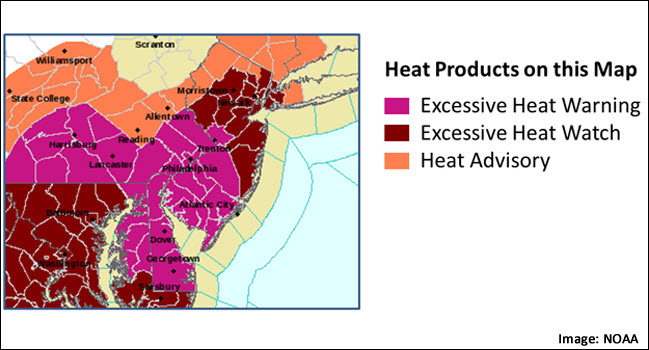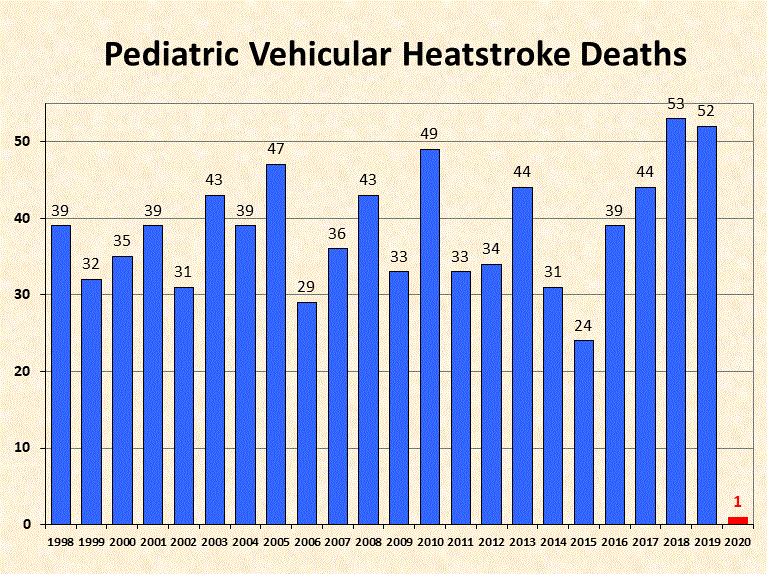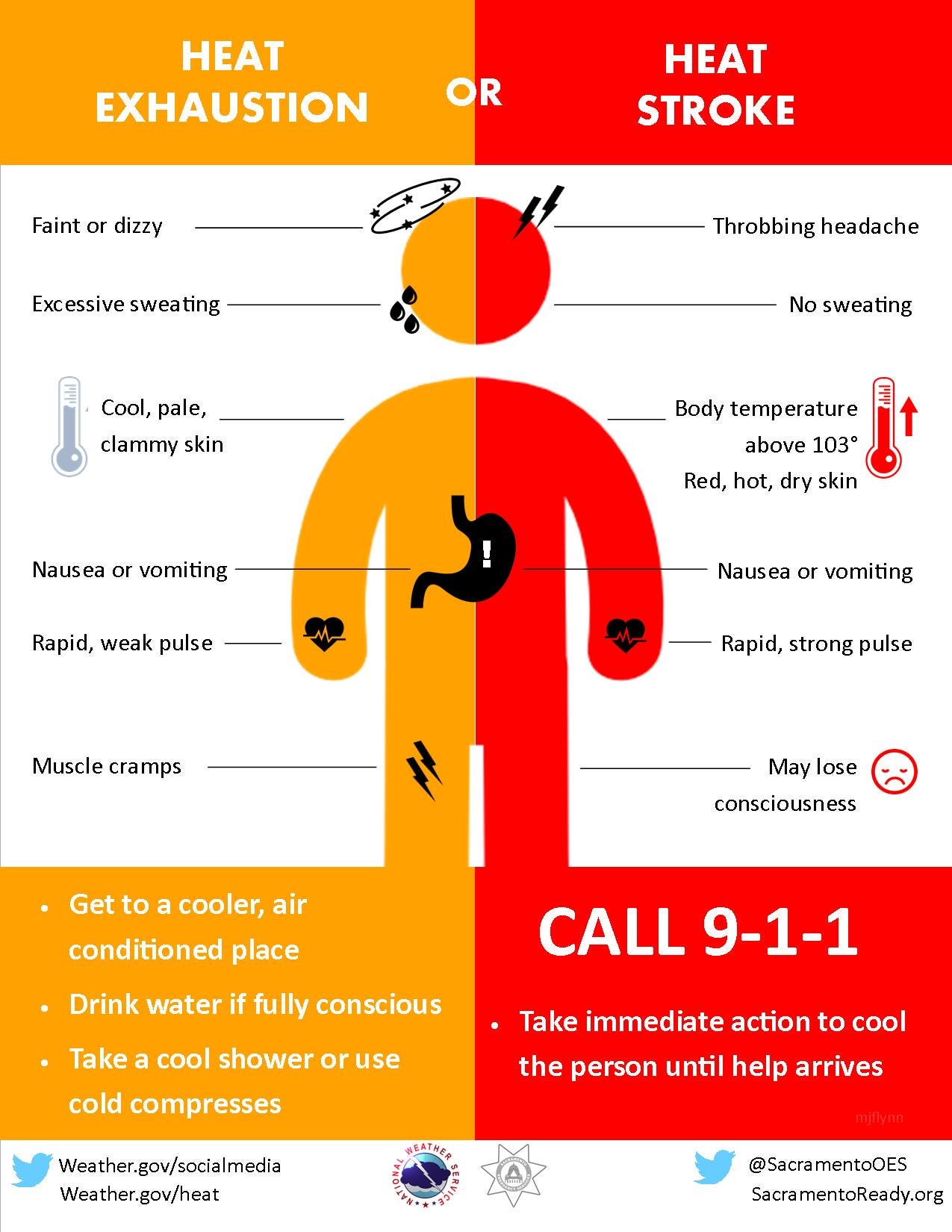More Stories

This article was original written for Heat Safety Awareness Day back in May.
We are gearing up for a sweltering, sultry summer weekend across the area! Although the first thing on may of our minds is finding ways to stay cool while having fun, it is important to note the dangers that excessive heat can present.
Let's start by talking about the heat index. This is a measure of how hot it really feels when humidity is factored in with the actual air temperature. For humidity, the dew point temperature is used. This is the temperature at which the air becomes saturated with moisture. The National Weather Service will then issue alerts when the heat index reaches certain thresholds.
In recent summers, you have likely seen us show one or more of these heat alerts on our News 12 stations:

- Excessive Heat Watch—Be Prepared! Heat watches are issued when conditions are favorable for an excessive heat event in the next 24 to 72 hours. A watch is used when the risk of a heat wave has increased but its occurrence and timing is still uncertain.
- Heat Advisory—Take Action! A heat advisory is issued in advance of the onset of extremely dangerous heat conditions. The rule of thumb for advisories in our area is when the maximum heat index temperature reaches 100°-104° at any one time, or it is expected to remain over 95° for two or more consecutive days.
- Excessive Heat Warning—Take Action! An excessive heat warning is issued in advance of the onset of extremely dangerous heat conditions. The general rule of thumb for warnings in our area is when the maximum heat index temperature is expected to be over 105° for any length of time.
If you don't take precautions immediately when conditions are extreme, you may become seriously ill or even die. Keep in mind, these criteria vary across the country, especially for areas that are not used to dangerous heat conditions. For example, residents in Florida are much more used to (and much more prepared for) 90°+ weather than those in Alaska.
Here are a few of the most basic safety precautions for when the heat is on:
- Limit outdoor activities, especially those that are strenuous
- Drink plenty of water and avoid dehydrating beverages, especially alcohol.
- Wear light-colored clothing and apply sunscreen often.
- If you have to work outdoors, try to do so very early or very late in the day.
This next safety measure cannot be overstated. It is NEVER safe to leave a toddler, elderly or disabled person or pet locked in a car. Cars can turn into ovens in mere minutes. A reported 52 young children died in hot cars nationally in 2019, and there has already been one death in April of 2020.

Lastly, it is very important to recognize the signs and symptoms of heat-related illnesses. During the summer months, your body's ability to cool itself becomes challenged at times. When the body heats too rapidly to cool itself properly, or when too much fluid or salt is lost through dehydration or sweating, body temperature rises. This can lead to either heat exhaustion or heat stroke. Refer to the diagram below for information on both.

More from News 12
1:50

Police release photos of man on the run after fatal stabbing in Melrose
1:14

Mostly cloudy skies with overnight spotty showers in The Bronx
0:28

2 firefighters seriously injured in Queens fire
2:24

Bronx man gets $100K for home down payment with help of non-profit
0:26

Woman injured in Parkchester hit-and-run
1:42
